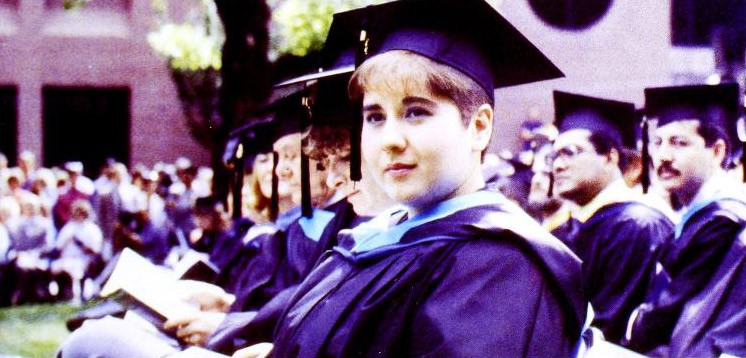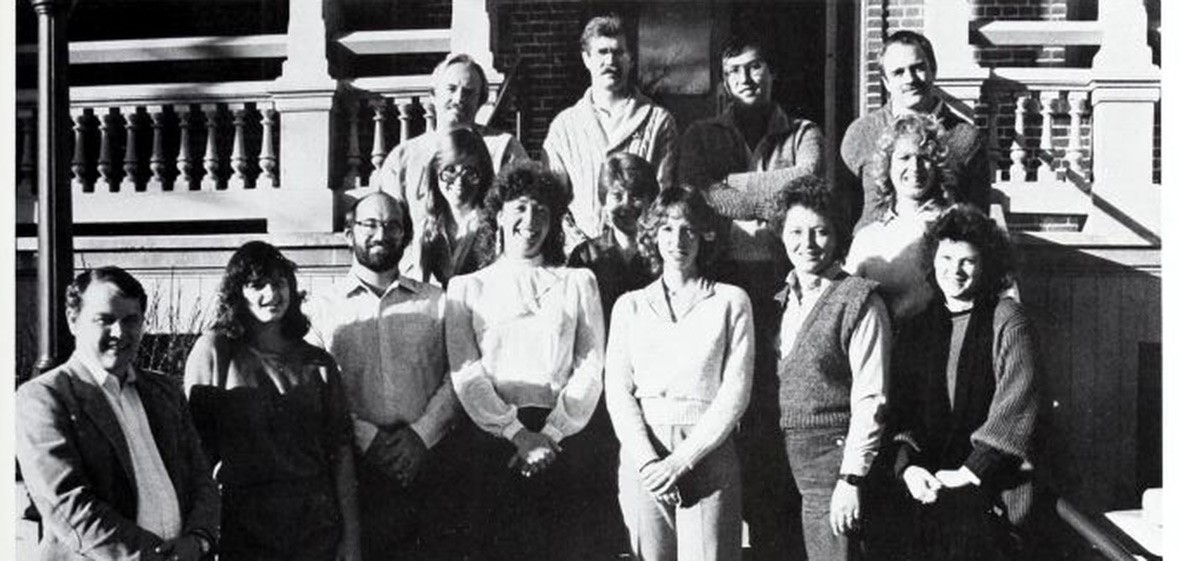In the fall of 1966, a mandatory health fee of $8 (roughly $60 in today's money) was implemented upon graduate students without consultation from any current graduate students on campus. Realizing the lack of representation, a group of students formed the Graduate Student Association (GSA), a student government organization dedicated to the welfare of graduate students and the representation of their voice on campus.
Fifty years later, the GSA has grown into an experienced advocating body and provides a wealth of resources for graduate students on campus.
"The GSA functions in a manner similar to the Faculty Senate and participates in shared governance," said Dr. David Zeh, Dean of the Graduate School. "The GSA President meets with the University President on a monthly basis and attends quarterly meetings of the Board of Regents. Members of the GSA Executive Board and Council Representatives serve on several high-level University committees and provide a graduate student perspective on issues such as diversity, the hiring of tenure-track faculty, and the utilization of student fees."
In 1969, the University's Graduate Council code was amended so that a GSA representative would always serve on the council.
Caring for graduate students and their families
The GSA provides a wide variety of graduate student services that go far beyond new student orientation and where to find the best burger. Need-based services, such as computer loans, childcare scholarships and financial crisis grants, are available to students throughout their graduate career.

Students gathered for a commencement ceremony in the quad, 1988
Each year, the Graduate Student Association provides more than $75,000 in awards, scholarships and grants to graduate students at the University, as well as provides travel funds to graduate students attending professional conferences. During the 2016-2017 academic year, the GSA has provided funding to more than 75 graduate students and granted more than 320 travel awards. Additionally, the GSA partners with the Graduate School, Office of Postdoctoral Affairs, and University Libraries to offer a series of professional development and career workshops throughout the Fall and Spring semesters.
In the spring of 2004, the GSA purchased its first vehicle for use in the Household Items Program.
A lasting impact
For many students, the impact of the GSA goes well beyond their time on campus.
"First and foremost, I learned to listen to other viewpoints and build consensus," said Regent Geddes of his time serving in the GSA, "I used my scientific background to make observations about what various interest groups were seeking to do to craft solutions."
Dr. Geddes learned additional skills which he has used throughout his career. "I also learned the details of creating a budget and policies getting them approved through an elected body."

Graduate Student Satish Pullamanappallil works on the computer at the Mackay School of Mines, 1995
A legacy of consideration
In half a century, the GSA has evolved into an important piece of the student's experience in graduate school.
"The GSA is a vibrant and growing organization that is increasingly active in improving the graduate student experience through a range of programs, including grants, scholarships, awards, club support, social events and workshops that contribute to graduate student, retention, degree completion and professional development," said Zeh.
"The May 6 Golden Jubilee is a celebration of the GSA’s commitment to our graduate students," said Dr. Veronica Zepeda, director of the Graduate Student Association. "We are proud of the graduate student community on campus and will continue to work to ensure their success as a student and as they move forward in their careers."
All University of Nevada, Reno students, alumni, faculty and their families are invited to attend the event, which includes lunch, lawn games, face painting and other family friendly activities.
Learn more about the mission and services of the Graduate Student Association.













